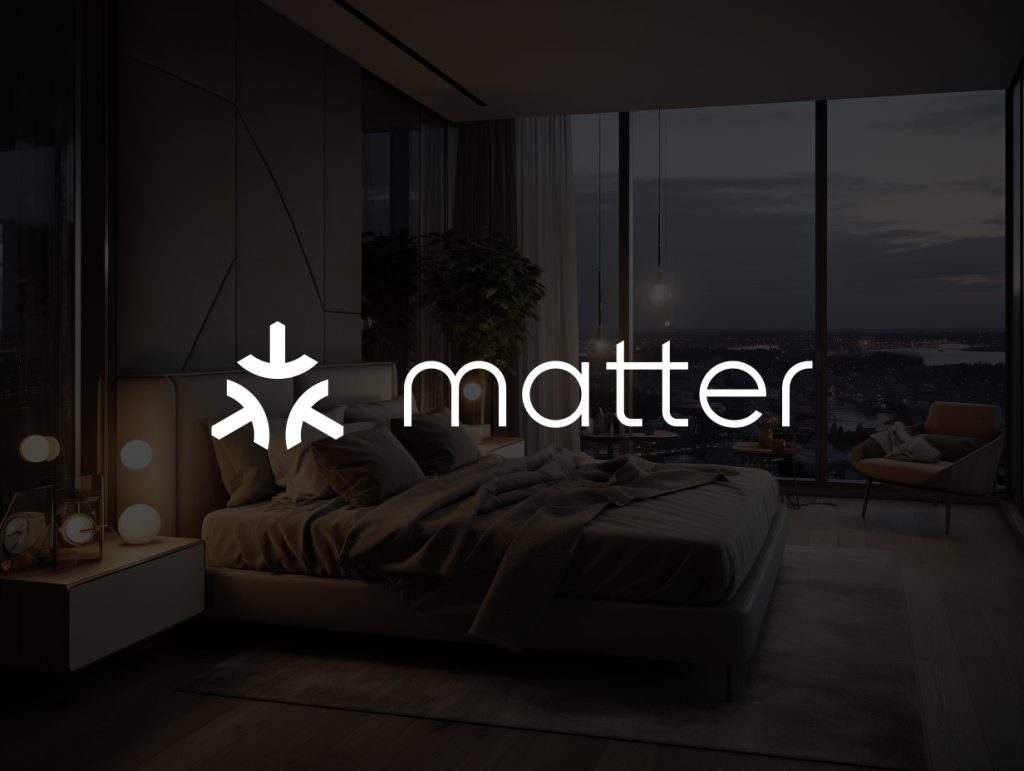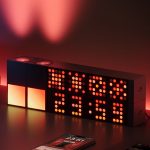The smart home market is booming, with more and more devices and platforms offering convenience, security, and entertainment to consumers. However, the smart home ecosystem is also fragmented, with different brands, protocols, and standards competing for market share and customer loyalty. This creates confusion, frustration, and compatibility issues for users, who have to deal with multiple apps, hubs, voice assistants, and cloud services to manage their smart devices.
To address this problem, a group of industry leaders formed the Connectivity Standards Alliance (CSA), formerly known as the Zigbee Alliance. The CSA includes companies such as Amazon, Apple, Google, Samsung, Philips Hue, IKEA, and many others. Their goal is to create a unified and interoperable smart home standard that will simplify and enhance the user experience.
The result of their collaboration is Matter, a new smart home standard that aims to be the common language for all smart devices. Matter is based on Internet Protocol (IP), which means it uses the same technology that powers the internet and enables devices to communicate over Wi-Fi or Ethernet networks. Matter also supports Thread, a low-power mesh network protocol that allows devices to connect directly to each other without relying on a central hub or router.
Matter promises to bring many benefits to both consumers and manufacturers of smart home devices. Some of these benefits are:
- Compatibility: Matter-certified devices will work seamlessly with each other, regardless of the brand or platform. Users will be able to control their devices using their preferred voice assistant or app, without worrying about compatibility issues or losing functionality.
- Security: Matter-certified devices will adhere to strict security requirements, such as encryption, authentication, and software updates. Users will be able to trust that their devices are secure and protected from hackers or unauthorized access.
- Reliability: Matter-certified devices will use IP and Thread technologies to ensure reliable and fast communication between devices. Users will be able to enjoy smooth and consistent performance of their devices, even in areas with weak Wi-Fi signals or power outages.
- Simplicity: Matter-certified devices will have a simple and consistent setup process, using a QR code or NFC tag to pair with the network. Users will be able to easily add new devices to their smart home without hassle or confusion.
- Innovation: Matter-certified devices will enable new and exciting use cases and features for users, such as scene creation, automation, personalization, and more. Manufacturers will be able to leverage the Matter standard to create new and innovative products that meet the needs and expectations of consumers.
What to expect
Matter is expected to launch in 2022, with the first wave of Matter-certified products hitting the market soon after. The CSA estimates that there will be over 250 million Matter-compatible devices by 2023. Users can expect to see a new logo on the packaging of Matter-certified products, indicating that they are compatible with other Matter-certified products across different brands and platforms.
Users can also expect to see a new app called Home+, which will be the official app for controlling Matter-certified devices. Home+ will be available for iOS, Android, Windows, and Mac devices. Home+ will allow users to set up and manage their Matter-certified devices, as well as create scenes, automations, schedules, notifications, and more.
Home+ will also integrate with other smart home platforms and voice assistants that support Matter. For example, users will be able to use Siri, Alexa, or Google Assistant to control their Matter-certified devices via Home+. Users will also be able to link their Home+ account with other smart home apps or services that support Matter.
Upcoming products
Many manufacturers have already announced their plans to support Matter in their upcoming products. Some of these products are:
- Amazon Echo: Amazon has confirmed that its Echo smart speakers and displays will support Matter via a software update in 2022. This means that users will be able to use Echo devices as hubs or controllers for their Matter-certified devices.
- Apple HomePod: Apple has also confirmed that its HomePod mini smart speaker will support Matter via a software update in 2022. This means that users will be able to use HomePod mini as a hub or controller for their Matter-certified devices.
- Google Nest: Google has announced that its Nest smart speakers , displays , cameras , thermostats , doorbells , smoke alarms , routers , and hubs will support Matter via a software update in 2022. This means that users will be able to use Nest devices as hubs or controllers for their Matter-certified devices.
- Philips Hue: Philips Hue has revealed that its Hue Bridge v2 , which connects its smart lights , switches , sensors , and accessories, will support Matter via a software update in 2022. This means that users will be able to use Hue devices as hubs or controllers for their Matter-certified devices.
- IKEA Tradfri: IKEA Tradfri has stated that its Tradfri Gateway, which connects its smart lights, blinds , speakers, and accessories, will support Matter via a software update in 2022. This means that users will be able to use Tradfri devices as hubs or controllers for their Matter-certified devices.
- Yeelight Cube: Yeelight Cube is a modular smart light that consists of three types of cubes that can be stacked and arranged in various ways. The cubes are also compatible with Matter, allowing users to control them with other Matter-certified devices.
- Aqara Hub M2: Aqara has announced that they will be releasing firmware updates to bring Matter compatibility to their products. The first way of doing so will be the introduction of Matter through Zigbee, meaning that products compatible with Matter can be added into your smart home through a Matter hub, starting with the Aqara hub M2.
These are just some of the products that will support Matter in the near future. More products and brands are expected to join the Matter ecosystem as the standard becomes more widely adopted and available.
Matter has the potential to transform the smart home market by creating a unified and interoperable ecosystem that benefits both consumers and manufacturers. Matter could also pave the way for other domains such as smart buildings, smart cities, smart health, and more.






